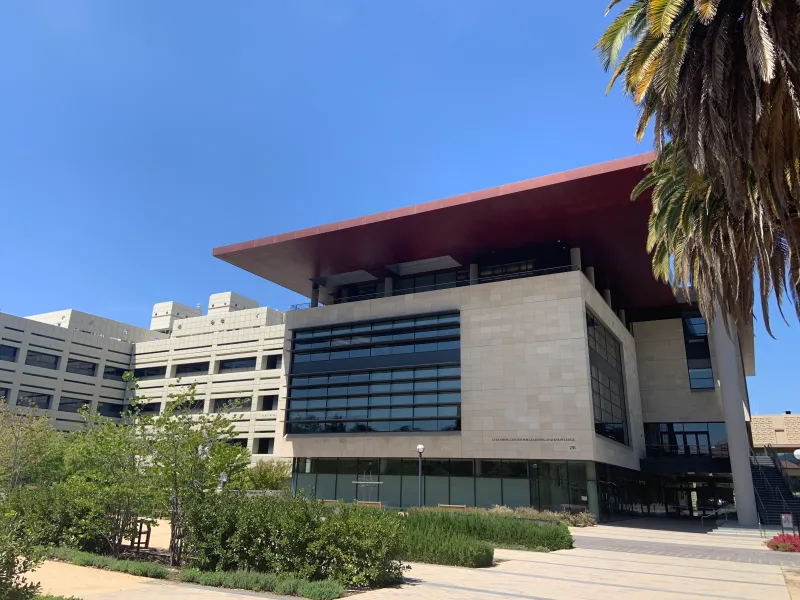American Indians, Alaskan Natives (AI/AN), and Indigenous communities have long demanded to have visibility within the healthcare system and equitable access to care.
Preventable problems cause a disproportionate burden of diseases for these communities and disadvantage them in comparison to other Americans. One preventable problem is the lack of diversity within the healthcare space. There is little AI/AN/Indigenous representation across all healthcare professions, which contributes to health disparities in these communities.
According to a 2018 AMA Council on Medical Education report, out of an estimated 5.2 million AI/AN/Indigenous individuals in the US, only less than half of a percent are in the physician workforce. Studies show that patient outcomes and satisfaction improve when patients receive care from healthcare professionals from similar backgrounds. Also, minority physicians are often more likely to work in underserved regions. These healthcare professionals can provide more culturally concordant care to underserved patient populations, often in their own languages.
How can we take steps toward health equity for AI/AN/Indigenous communities? Efforts in this direction require all leading medical institutions to play a critical role in recruiting and nurturing AI/AN/Indigenous medical professionals. Namely, Stanford University School of Medicine must empower and equip developing healthcare professionals to achieve their career dreams and expand healthcare access in their communities.
To help address this crucial need for better Native healthcare, organizations are taking measures into their own hands. For example, the Association of American Indian Physicians (AAIP) hosts the American Indians Accessing Health Professions Program (AIAHPP) each year. This conference aims to increase AI/AN/Indigenous students’ awareness of healthcare professions and aid AAIP’s mission: “to pursue excellence in Native American health care by promoting education in the medical disciplines, honoring traditional healing principles, and restoring the balance of mind, body, and spirit.” Stanford Medicine joined forces with AAIP to host the 7th annual AIAHPP in-person conference.
Spearheaded by Mark Gutierrez, the Director of the Office of Diversity in Medical Education, the in-person conference served a group of AI/AN/Indigenous identifying students interested in pursuing careers in healthcare. The conference began on a powerful note: an opening blessing, song, and land acknowledgment from Ohlone tribal members Desiree Munoz and Carla Marie (Costanoan Rumsen Carmel Tribe). When supporting AI/AN/Indigenous communities, it is undoubtedly essential to first listen to and experience the lived AI/AN/Indigenous historical narratives.
The students also heard from leaders in various healthcare professional fields and gained an appreciation for their different perspectives. During the three-day experience, students heard from faculty such as current and former AAIP president Dr. Luke Day, MD (Oglala Lakota nation), and Dr. Nicole Stern, MD, MPH, FACS (Mescalero Apache), respectively. Notably, students heard from a panel of Native American faculty and physicians describing their personal and career journeys as Native individuals. Conference activities like this panel were a powerful force to breathe a sense of belonging into these developing healthcare professionals. As attendee Desirae Barragan (Gabrieleno Band of Mission Indians of Southern California) said, “I have never been surrounded by so many Native American Physicians, medical students, and pre-med students, in one space, the future of medicine will be undoubtedly Indigenous.”
Associate dean of diversity in medical education at Stanford Medicine, Dr. Reena Thomas, best exemplified the theme of belonging with an opening exercise for attendees. She encouraged them to close their eyes and “envision them[selves] as future medical students in Stanford’s lecture halls.” This is the vision we have for AI/AN/Indigenous students pursuing a career in healthcare: a right to belong.
The conference received overwhelmingly positive feedback from students. For example, Lauren Reyes (Diné and Mescalero Apache) said, “the AIAHPP Conference provided us with a strong network of passionate Native health professionals and the resources we need to pursue health careers. Being surrounded by people who are driven to serve our communities gave me a sense of belonging and encouragement in pursuing medicine.” Having these students believe they can be the next face of healthcare professionals should empower Stanford and other medical institutions to expand their efforts in this direction.
Much work lies ahead in reshaping and rekindling Native healthcare. The AIAHPP conference shows that medical schools everywhere need to better recruit and admit more AI/AN/Indigenous students to their various programs. For reference, of the 22,647 students who matriculated into medical schools from 2021-2022, only 164 students identified purely with AI/AN or in combination with other races/ethnicities. This statistic alone should push Stanford Medicine to be a powerful voice in this Native health crisis. Stanford needs to provide more resources for Native healthcare professionals and be a model for institutions around the world. More awareness and action from Stanford can only aid better visibility and accessibility within healthcare for AI/AN/Indigenous communities.
With these steps, we will get closer to achieving health equity for these communities and create meaningful opportunities for them to belong in the space of health care.
Christopher Lopez is a member of the Costanoan Rumsen Carmel Tribe. He is an MD/PhD student in Stanford’s Medical Scientist Training Program. Outside work, you will find him surfing the beautiful west coast, working out at ACSR, and enjoying dinner with his friends on University Ave.
